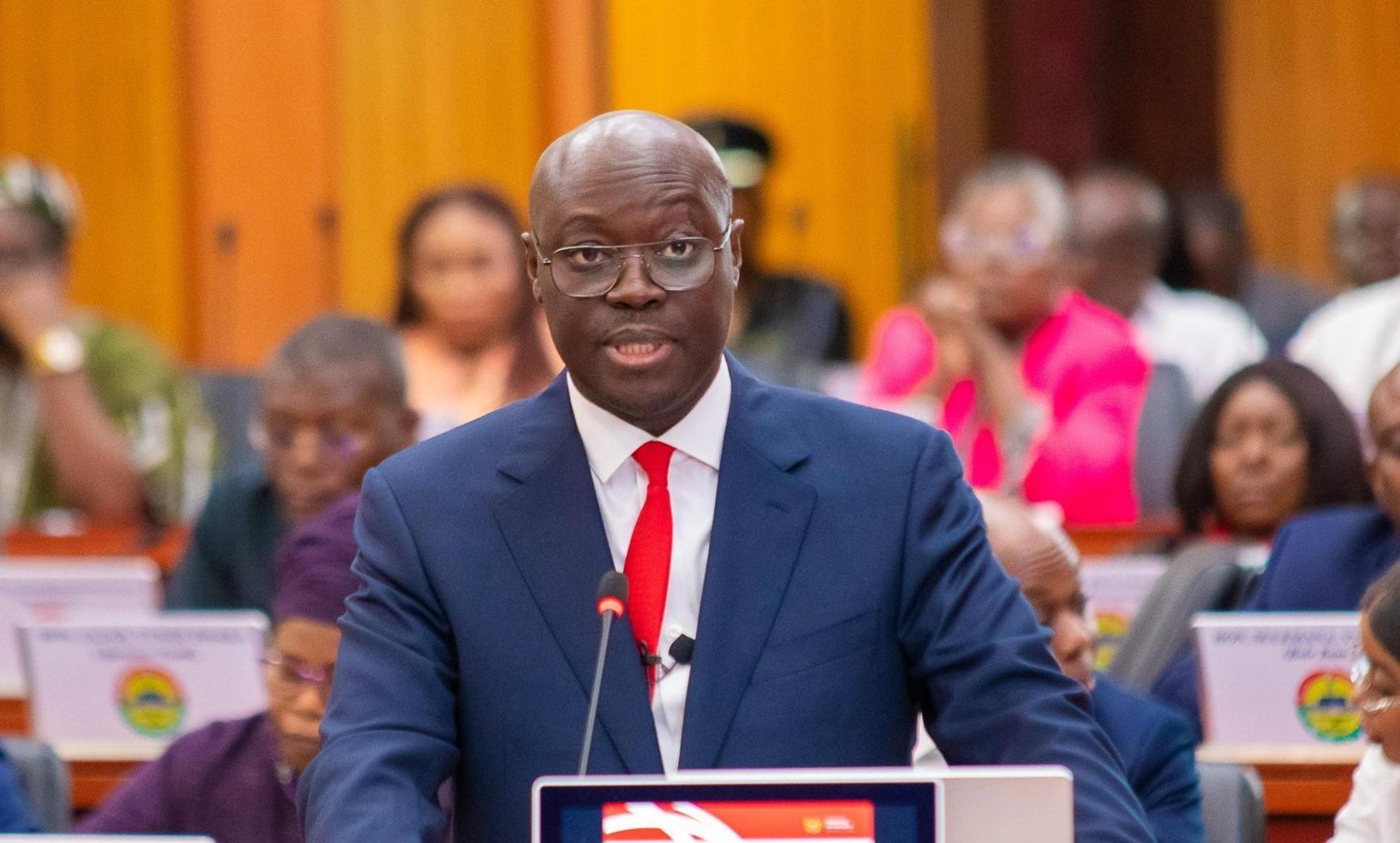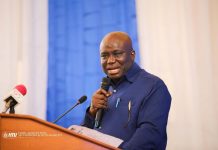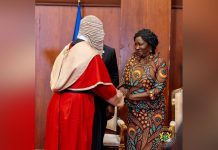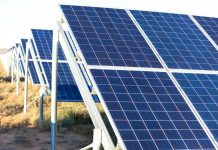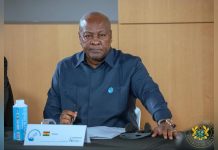Africa-Press – Ghana. The chamber of Ghana’s Parliament was on Tuesday, November 18, charged with energy as lawmakers started debating the 2026 Budget Statement and Economic Policy of Government.
The discussion quickly became a showcase of contrasting perspectives on the government’s fiscal direction by members of the Majority and Minority Caucuses of the House.
Mr Felix Kwakye Ofosu, the National Democratic Congress (NDC) Member of Parliament (MP) for Abura Asebu Kwamankese and Minister for Government Communications, rose to defend the Finance Minister’s allocations in the budget.
He argued passionately that the government was “spending in the right places,” pointing to flagship investments that directly touched the lives of ordinary Ghanaians.
The legislator observed that GH₵1.3 billion had been dedicated to sustaining the Free Senior High School programme, ensuring access for thousands of young people.
He noted that 151,000 first-year tertiary students have been reimbursed under the Stress-Free Fees policy, a measure designed to ease the financial burden on families.
He mentioned a 15 per cent reduction in transport fares, made possible by the stability of fuel prices, which he said reflected prudent economic management.
Mr Kwakye Ofosu praised Finance Minister, Dr Cassiel Ato Forson for undertaking fiscal consolidation and avoiding fiscal slippages, describing the budget as a disciplined plan that balanced social investment with economic stability.
Dr Mahama Tia Abdul-Kabiru, the New Patriotic Party (NPP) MP for Walewale, on the other hand, expressed disappointment in the budget.
In a striking metaphor, Dr Abdul-Kabiru said he had expected the Finance Minister to “fondle his heart” with reassuring policies, but instead “broke his heart.”
His criticisms centred on what he described as gaps in the budget: questioning the absence of detailed costing for ambitious government policies such as the proposed 24-Hour Economy Policy.
He lamented that despite the promises, many Ghanaians continued to face harsh economic realities, with inflation and unemployment weighing heavily on households.
The debate highlighted the deep partisan divide over how best to steer Ghana’s economy.
Supporters of the Finance Minister emphasized social interventions and fiscal discipline, while critics warned of unaddressed structural weaknesses and the need for greater transparency in policy costing.
It was clear that the 2026 budget would remain a contested document—praised by some as a blueprint for inclusive growth, and criticized by the opposition members as a plan lacking in detail and realism.
For More News And Analysis About Ghana Follow Africa-Press


